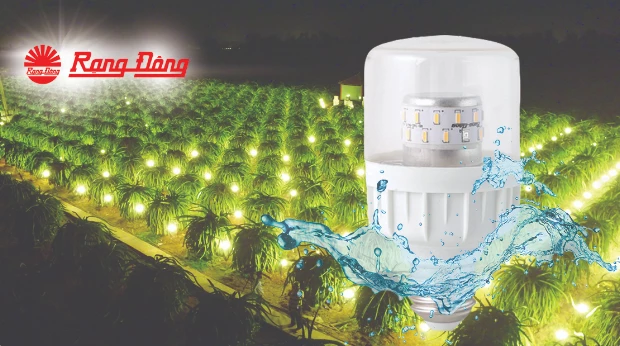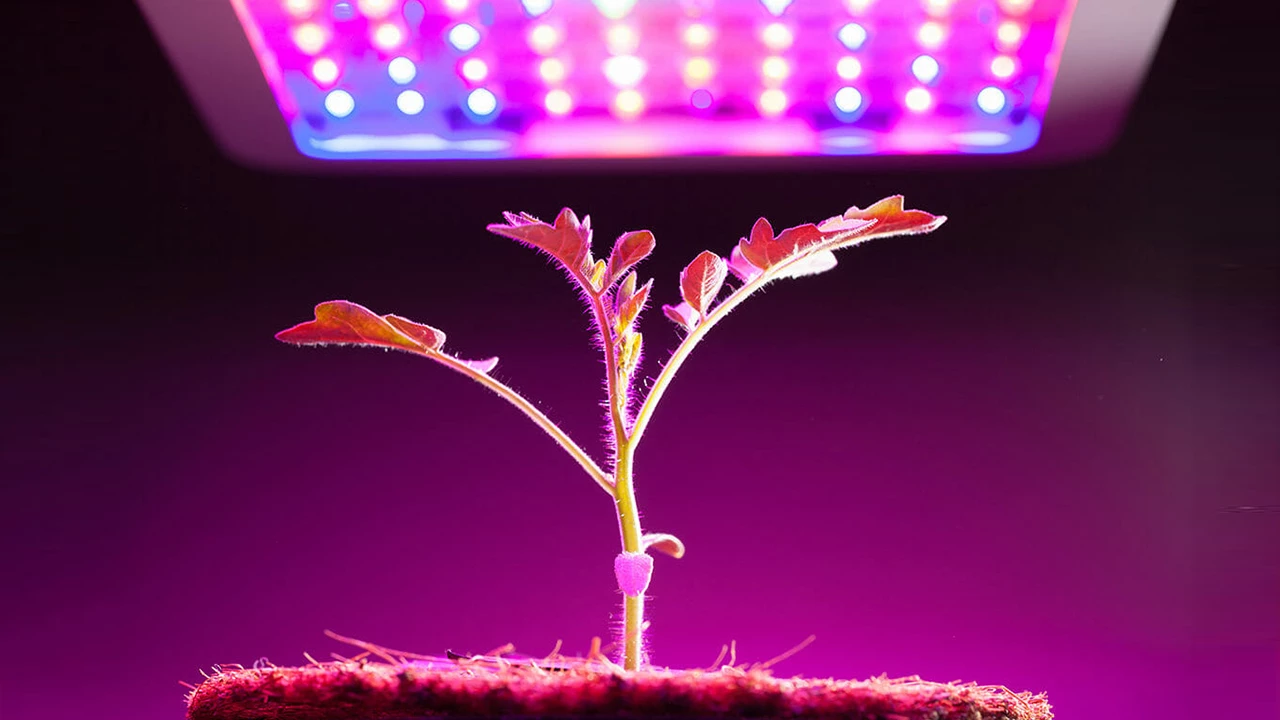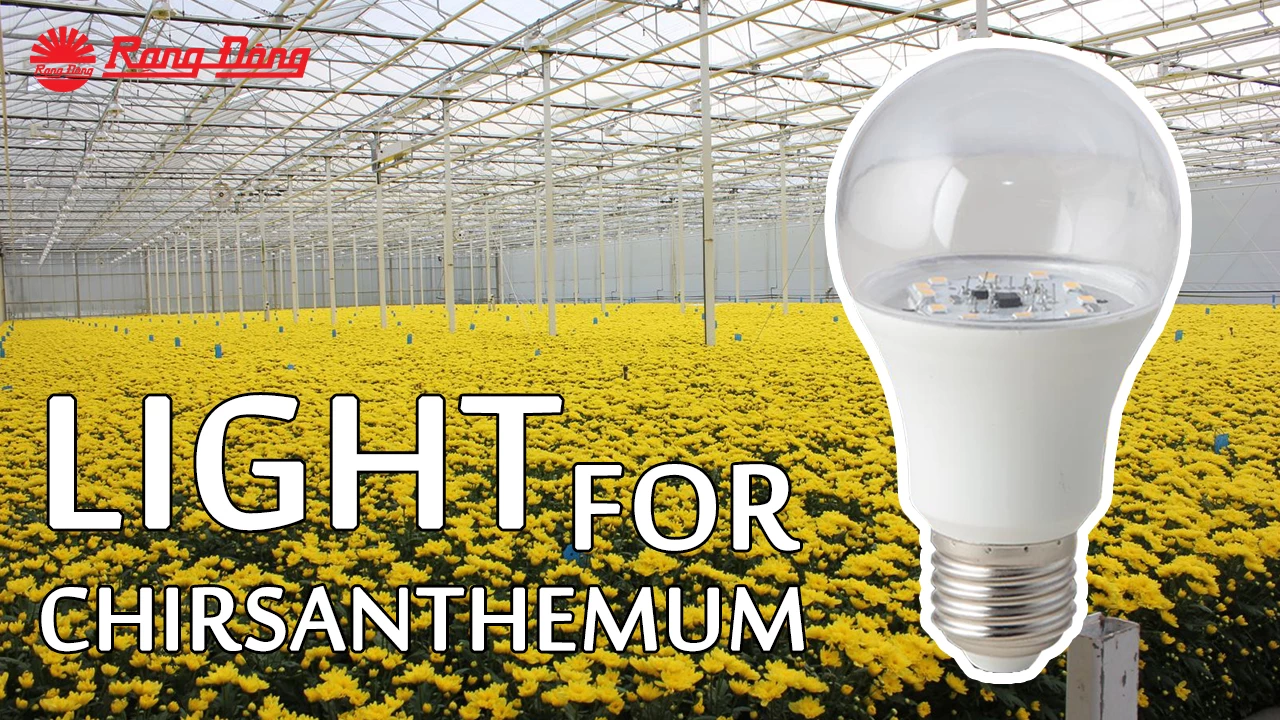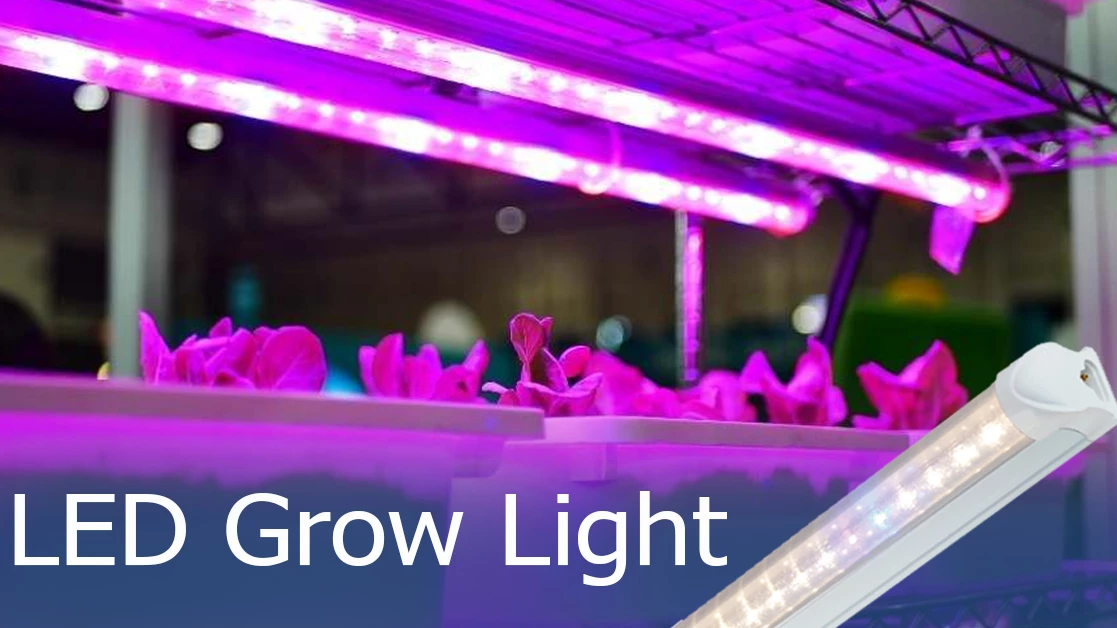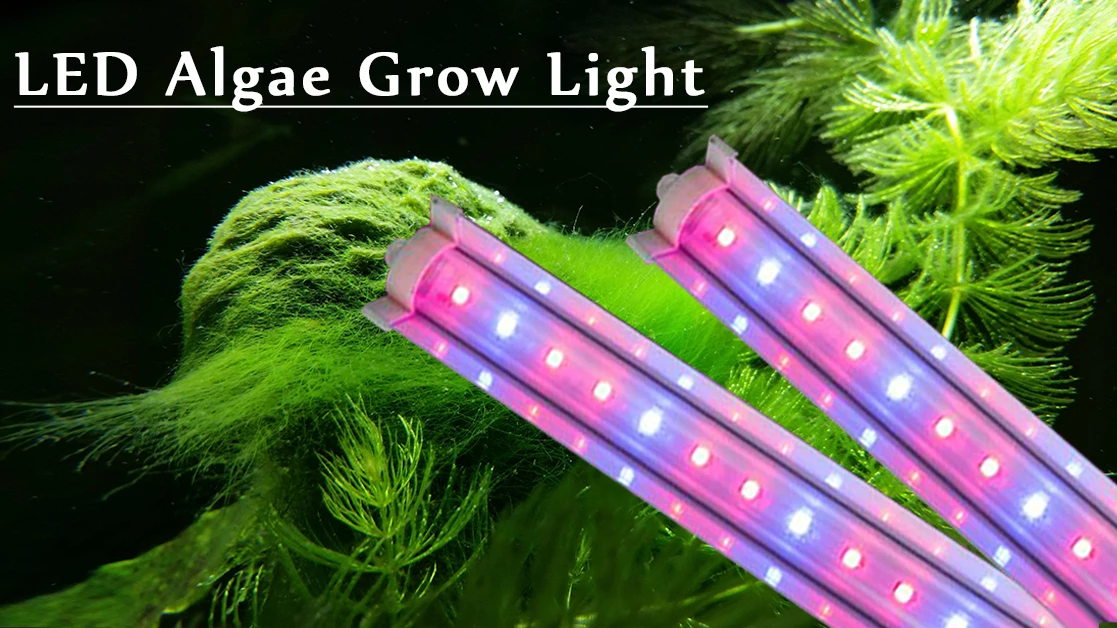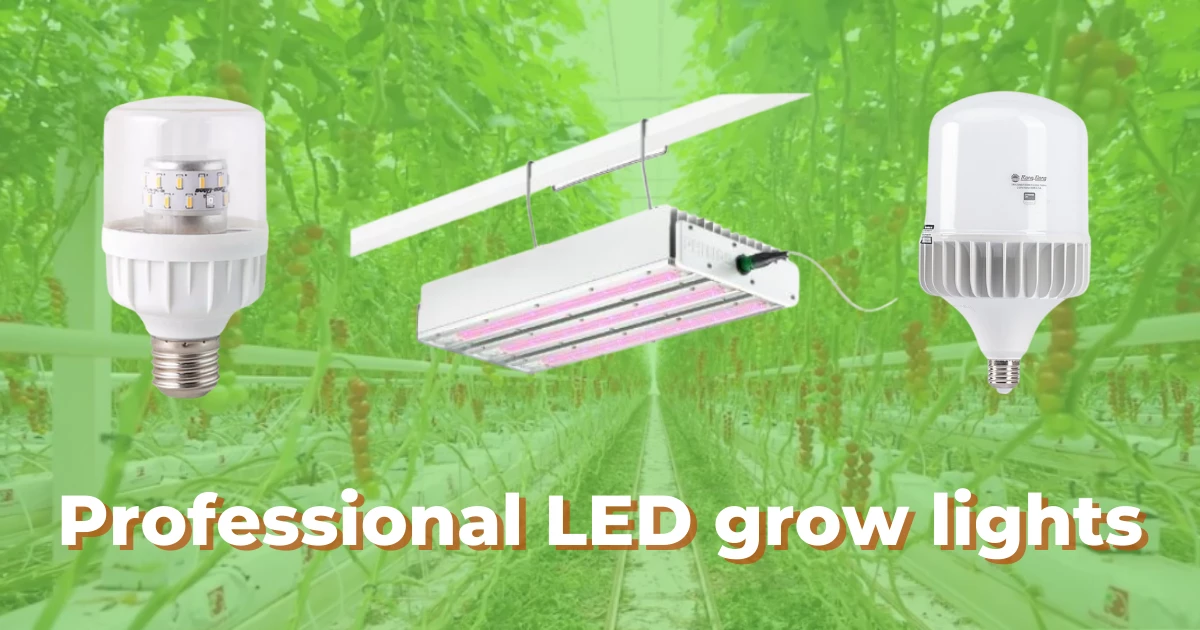
Horticultural lighting ensures agriculture's sustainability
World population hit the milestone of 8 billion in November 2022. The demand for food has become an increasingly pressing issue, with more land required for cultivation. However, most of the land on earth is already in use, which gives way to other solutions. Indoor farming, in the form of vertical farms or greenhouse, is a sustainable alternative. Applying horticultural lighting, i.e. using artificial light for plants, farmers can sustainably grow vegetables and fruits all year round. This special lighting method stimulates plants' growth, while water, land and fertilizer can be saved, and pesticides avoided.
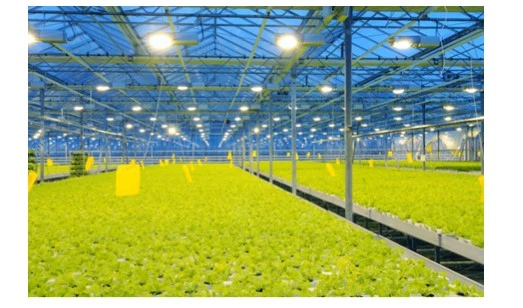
Indoor or greenhouse farms use less energy and water than traditional farming methods.
What is horticultural lighting?
Horticultural lighting is a method essentially using artificial light to stimulate the growth of plants in case of lacking natural light. Professional horticulture lighting ensures higher output with a better quality, from more beautiful flowers to better-shaped leaves and more fruit, while the growing period can be extended or shortened.
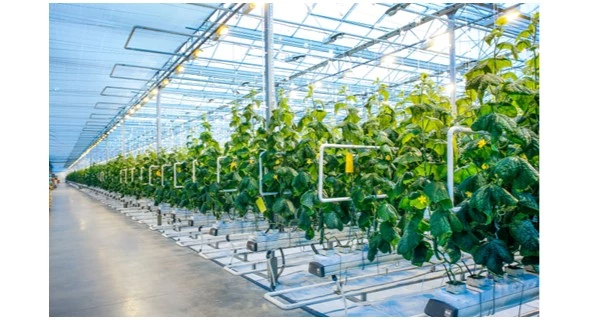
Indoor agriculture uses artificial lights to improve the crops.
Plants react to light hues in a totally different way. The amount and proportion of different wavelengths shall determine how and how fast the plants grow and produce crops. Therefore, lighting recipes for each plant should be customized to optimize growth in horticulture lighting systems.
Light importance in plant growth
In addition to elements such as temperature, humidity, oxygen, water, carbon and nutrients, light is indispensable to the plants growth. The morphology, growth, fruiting, and flowering of plants are all influenced by the light intensity, spectrum and duration.
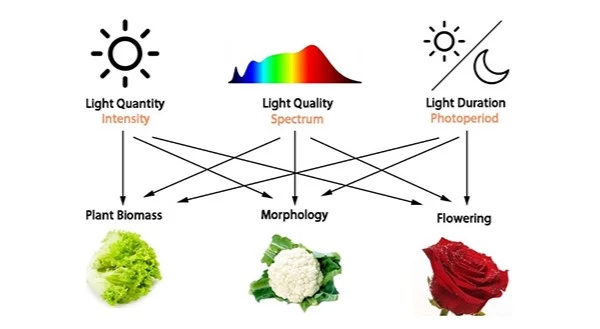
The light intensity, spectrum and photoperiod influence all growth stages of plants.
Crops totally depend on the process of photosynthesis to grow. Through photosynthesis, plants are able to convert light energy into chemical energy. Plants need to absorb special light spectra in order to generate necessary elements such as anthocyanin, carotenoid, phytochromes and chlorophyll.
Benefits from LED grow lights
Using artificial light in agriculture is not a new idea. Fluorescent lamps, metal halide lamps, and xenon lamps are commonly used as traditional methods but are not efficient for plant growth while they require massive lighting power.
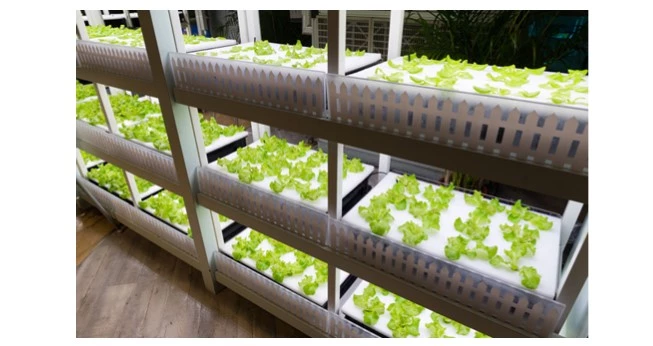
Waterproof grow lights are widely used for indoor crops of herbs, lettuce and greens.
The rapid advancement of LED lighting technology has made it possible to be more energy efficient than traditional light sources. Agriculture can effectively reduce energy loss by using LED lights. Grow lights can either supplement or completely replace natural daylight. Numerous advantages result from this, including the possibility to improve quality and raise production. Additionally, they lessen the negative effects on the environment caused by the consumption of water and pesticides.
Challenges
While horticultural lighting gives many benefits, it still faces several obstacles due to the high expense of plant light-filling systems. For example, a horticulture lighting system can include light sources, lamps and control equipment, which requires high investment costs.
Besides, high-technology can be complicated for users at first.
Horticultural lighting solution provider
Rang Dong, Vietnam’s leading manufacturer of LED products and smart lighting solution provider,, is currently offering ‘Smart Farm’ solutions including central control system, agricultural light sensor, temperature and humidity sensors, etc. The Hanoi-based manufacturer also produces grow lights for various plants like melon, strawberries, leafy greens, chrysanthemum, dragon fruits and indoor vegetables. Grow lights for different plants have different spectrum suitable for the plant growth. All of the company's lighting products are carefully tested before marketing in order to ensure quality and raise crop yield.
Should you have any questions or request a quotation of Rang Dong products, please send us an email to: export@rangdong.com.vn.
Websites: en.rangdong.com.vn and vacuumflask.rangdong.com.vn



